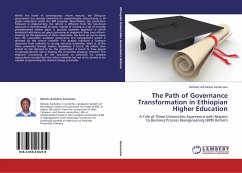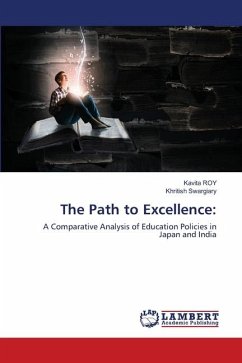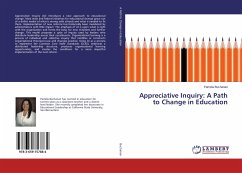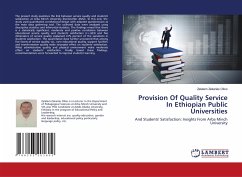Within the frame of contemporary reform rhetoric, the Ethiopian government has recently embarked on comprehensive restructuring in all public institutions under the BPR program. Nevertheless, the orientation followed in implementing the reform is different from the top-down approach it conventionally pursued. Instead of arriving at a set of centrally predetermined reform plans, it pursued atomistic approach in which individual institutions are given autonomy to implement their own reform. Drawing on the experience of three universities, this book set out to assess how the universities' academic governance and management system is affected by this reform initiative. The analysis indicated a common departure from collective to strong executive leadership ideals in all the three universities though modest dissimilarity is found. No matter how limited its role deemed to be, the government is found to have played circuitously decisive role in shaping the universities response. However, the empirical functioning of the structures as perceived by sampled respondents revealed that the reform initiative has not so far proved to be capable of generating the desired change practically.
Bitte wählen Sie Ihr Anliegen aus.
Rechnungen
Retourenschein anfordern
Bestellstatus
Storno








